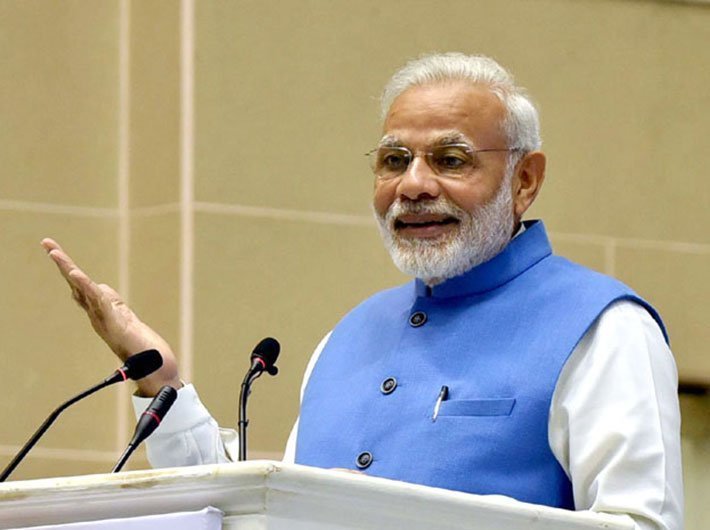Modicare is a highly ambitious project and may face serious hurdles during implementation.
The Narendra Modi government, in its last full union budget 2018- 19, introduced two ambitious health policies under ‘Ayushman Bharat for New India - 2022’. The budget introduced 1.5 lakh health and wellness centers are proposed to be established, and health insurance worth Rs 5 lakh per family is to be provided to nearly 100 million families under the National Health Protection Scheme (NHPS). The NHPS will benefit 40 percent of the Indian population,i.e., around 500 million population. The scheme is considered to the world’s largest public healthcare scheme.
P. Chidambaram, the former finance minister, criticized the scheme as the ‘flying a kite without a string’ and said the scheme is a political ‘jumla’ to get the votes. The criticism by the senior Congress leader is not properly directed. The main criticism of the scheme is that it is not being funded adequately. Before understanding the funding of the scheme, let us look at the need for the schemes like NHPS.
According to World Bank Data 2014, Out of Pocket Expenditure (OOPE) constitutes more than 60 percent of all health expenses in India. According to National Health Policy 2015, about 63 million persons in India are falling in poverty every year due to the health care costs alone, and there is no or lack of financial protection for the vast majority of healthcare needs. These alarming figures gave warning signals to the Indian government to spend more on the aspect of health security. Otherwise, India may face severe challenge of increasing poverty rates. Hence, the NHPS is a timely policy intervention to put a check on the social disaster.
The proposed 1.5 lakh health and wellness centers will provide essential drugs and offer diagnostic services to the poor. These centres that are intended to provide comprehensive health care like maternal, child and also for non-communicable diseases, will build the basic infrastructure at the grassroots level and strengthen the health care system in India.
The NHPS will cover the population of India, which is more than the population of South America and quite lesser than the population of North America. Modicare is a highly ambitious project and may face serious hurdles during implementation. The major challenge, however, is funding the system to achieve the set objectives.
Finance minister Arun Jaitley is confident that 1 percent rise in the education and health cess will generate nearly Rs. 11,000 crore and accordingly allocated Rs. 2, 000 crore for the NHPS in the budget.
With NHPS being a Centrally-Sponsored Scheme (CSS), wherein the centre and states share on a 60:40 basis respectively, the states also have the responsibility to fund the scheme. The funds may also flow through Corporate Social Responsibility (CSR) funding and the international funding agencies.
The success story of implementation of NTR Vydyaseva (formerly known as Aarogyasri in the undivided state of Andhra Pradesh) in Andhra Pradesh and Aarogyasri scheme in Telangana are models that are replication-worthy for other states to implement the ambitious scheme. Presently, the NTR Vydyaseva and Arogyasri cover around 2.26 crore families and spend around Rs. 1800 crore in both the Telugu- speaking states. These schemes are successful in providing health care to poor. Drawing from these experiences, it seems that the much-talked about schemes in the health sector are certainly doable with achievable targets.
Public spending in the healthcare sector will build the basic infrastructure and provide quality services to the poor. On the one hand, the new health schemes will stop the people falling into the poverty due to catastrophic expenditure over healthcare, on the other hand, it will help in achieving the third goal of sustainable development goals (SDGs), i.e. good health and well-being.
(Kumar is a research scholar in the department of political science, University of Hyderabad)
